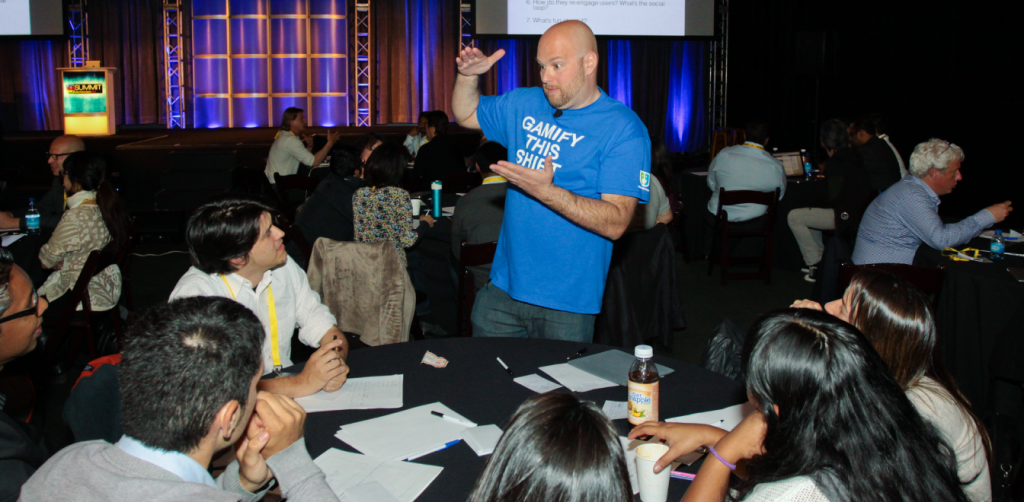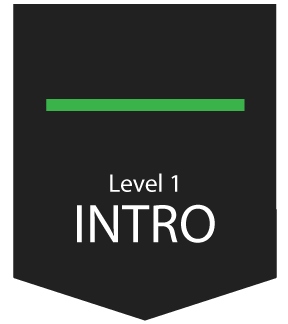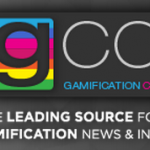In the decade-ish since the second coming of social media, global democracy has been severely impaired by the spread of fake news. I believe that using gamification techniques could substantially retard this phenomenon and reset the balance.
N.B. I’m using “fake news” to refer to things which are actually fake, not things that are true but a certain someone (et al) doesn’t like to hear.
The Fake News Industrial Complex
Before we dive into the solution, it’s worthwhile starting with a brief recap of how fake news spreads on social channels. If you understand these algorithms feel free to skip this section.
All social media companies monetize by micro-optimizing your attention. That is, they understand that your only finite resource is time, and if they get more of your time, they control more of the revenue generated from your attention. Therefore, they have developed complex machine learning (ML) algorithms to try and figure out what you will want to consume next. The most sophisticated (and therefore dangerous) of these is the Facebook News Feed, but every major tech company has their own version (Google, Netflix, Youtube, Amazon, Apple, etc.). They usually wrap this idea in “Things You May Like” or “Coming Up” but the basic premise is the same: if I can figure out what you want next I can keep you on my site/app for longer and make more money from advertising/e-commerce/etc.
The algorithm uses a combination of techniques to figure this out, but the simplest formula is:
You are similar to Person X.
Person X looked at this.
Therefore, you might like this.
There’s a lot of additional information being fed into this system, but the concept is quite democratic: the best content (for a given audience) should win. The most popular videos on YouTube are — by definition — the most popular videos in the world. This tells you that the basic algorithm is doing its job. As with all algorithms of value, it is subject to perversion and manipulation.
There are three basic ways to propagate content into this algorithm that are likely to result in the growth of your idea:
- Buy advertising that puts your content in front of people based on criteria you choose, regardless of their consumption preferences.
- Use influential people — real or fake — to propagate the content. In both cases, you want to ensure that you match the influencer with the target so that the mass of real people want to like, share, etc.
- Create content that is so novel, so great and so interesting that people naturally love it and share it on their own.
Regardless of which option you choose, the social media platform makes money. Sure, the advertising revenue in 1 is higher margin, but they will eventually get that ad revenue if 2 or 3 are successful as well by capturing more of your attention.
The bottom line is that they have little incentive to address the issue of fake news or undue influence because they are making money on it. Lots of money. Attention is revenue, and the most salacious of fake news stories tend to drive the most clicks.
Interestingly however, the data gathering apparatus of these social media giants can also be leveraged in a positive way. By taking advantage of the algorithm’s underlying calculus and combining it with human pattern matching, we can potentially fix this problem quickly and cheaply. Of course, we’ll need a little help from gamification
How to Stop the Spread of Fake News Using Gamification
One of the most important core experiences in gamified systems is the “trust score”. Examples of this can be seen in your eBay seller/buyer score, your Uber score, and your Credit Score. Admittedly, each of those numbers has a wildly different impact on your life, but the fundamental premise is the same: an algorithm made up of different inputs calculates a number that tells someone whether or not to trust you.
These algorithms exist primarily to optimize commerce among people without established trust. However, they are modeled on the basic sociology of real-world trust: tracking and feedback. If you know everyone in your community, you likely also know how trustworthy the people are through experience. A trust score usually attempts to do the same thing.
It is important to note that a trust score merely provides guidance to the decider. Each person / company has to make up their own mind about whether or not to trust, but such a score makes it easier to decide.
In the case of a given piece of content on social media, it would be easy for the platform companies to expose a set of scores alongside the content they present. Like a credit score, this could give users an idea of whether or not to trust the content they are seeing.
Some of the factors that I believe should be scored include :
- Credibility of the Originator (number of followers, time on the platform, engagement percentage)
- Credibility of the Amplifiers (followers, time, engagement of followers)
- Partisanship (extremity of response, scored lower for very partisan)
- Velocity (speed of social spread, scored lower for very quickly)
Workshops: Get Gamification Certified

Why get certified?
Completing our certification process will ensure that you’re learning the proper techniques and design skills to implement a gamification strategy within your company or organization–to increase consumer loyalty, employee engagement or social/student engagement.. Too many times, companies believe they understand gamification by just putting some points and badges on something to increase engagement. Then, they’re let down when their project fails. These workshops give you the tools necessary to increase your success rate and build something that’s truly engaging. In addition, you’ll advance your gamification skills & knowledge, making you more valuable in your job and in your industry. Many of the world’s top brands, marketers, HR groups and strategy teams have already gone through our certification program. Join us now to conquer the engagement crisis and become a gamification expert!
 Upcoming Level 3 Live Workshops
Upcoming Level 3 Live Workshops
TBA
Our Level 3 Expert Gamification Certification Program (accredited by the Engagement Alliance) is designed to take professionals with an interest in gamification and engagement science through the basics of player motivation, game systems thinking, creative design, gamification architecture and implementation modalities. It will provide a foundational education and key methodologies necessary to architect gamification for employee, customer and/or audience engagement. You must complete Level 1 (Basic) Level 2 (Intermediate) before completing this course to earn your certification. This Gamification Certification Program is a hands-on workshop (or online) experience facilitated by Gabe Zichermann and designed to enable you to…click here to read more.
 (Online Only – Register Now)
(Online Only – Register Now)
Designing Gamification (Intermediate Level 2) is the only online course accredited by the Engagement Alliance to deliver Engagement Expert Certification. Once finished, you can complete a practicum and request your certification. Then you can display the official graphic on your online profile, resume or website. You must complete Level 1 (Intro) Gamification before completing this course to earn your certification. In this course, you’ll learn the design fundamentals of gamification and engagement – including game mechanics, dynamics, player types and key systems thinking. Whether you’re in Marketing, HR, Operations, Product Development or Strategy, you can use the principles of Gamification and Engagement Science to transform your relationships with customers and employees. The course is taught by Gabe Zichermann – the world’s foremost expert on gamification and engagement science, author of three books, chair of GSummit and Editor in Chief of Gamification.Co. Complete this course and you’ll understand…click here read more.

(Online Only – Register Now)
Designing Gamification (Basic Level 1) is the only online course accredited by the Engagement Alliance to deliver Engagement Expert Certification at the introductory level. Once completed, you can request your certification and display it on your online profile, resume or website.
In this course, you’ll learn the basics of gamification and engagement science, and how this powerful new design trend will affect your business from a practical, non-academic perspective. Whether you’re in Marketing, HR, Operations, Product Development or Strategy, you can use the principles of Gamification and Engagement Science to transform your relationships with customers and employees. The course is taught by Gabe Zichermann – the world’s foremost expert on gamification and engagement science, author of three books, chair of GSummit and Editor in Chief of Gamification.Co. Complete this course and you’ll understand…

